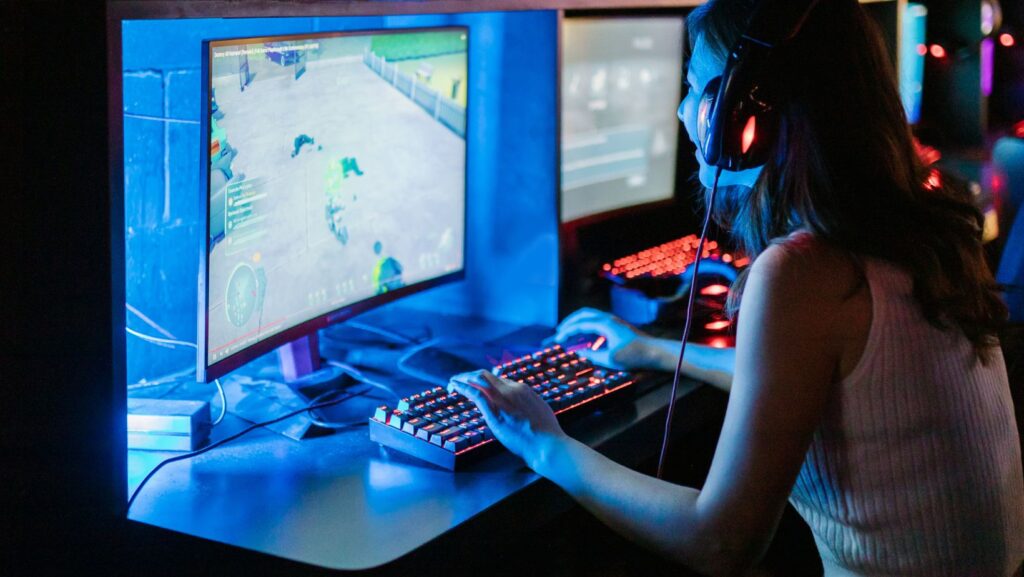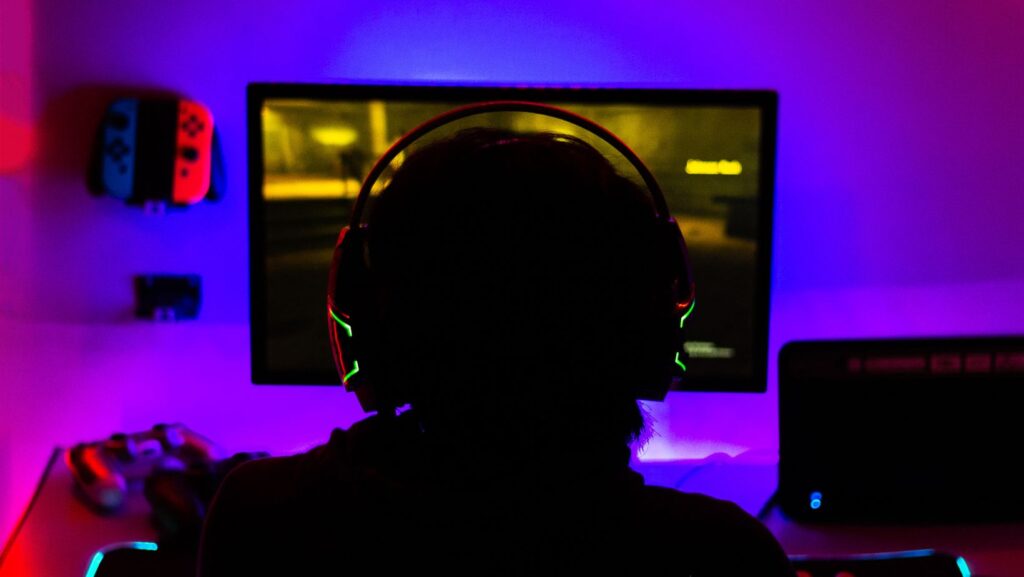How to Change Lifestyle Habits Computer Gaming
When it comes to changing lifestyle habits, particularly in the realm of computer gaming, it’s essential to approach the process with intention and determination. How to change lifestyle habits computer gaming? As someone who has navigated this terrain myself, I understand the challenges that can arise when attempting to shift ingrained behaviors. Identifying specific areas for improvement is a crucial first step in initiating lasting change.

One key strategy is to gradually reduce gaming time while introducing alternative activities that align with your new lifestyle goals. How to change lifestyle habits computer gaming? This could involve setting daily limits on gaming sessions and allocating time for physical exercise, social interactions, or pursuing hobbies outside of the digital sphere. Creating a schedule that incorporates these activities can help establish a healthier balance and prevent excessive screen time.
Moreover, seeking support from friends, family, or online communities can provide encouragement and accountability as you strive to modify your gaming habits. Open communication about your objectives and progress can foster a sense of community and shared commitment to personal growth. Remember, changing lifestyle habits is a journey that requires patience and self-reflection, but with dedication and perseverance, meaningful transformation is within reach.
Understanding the Impact of Computer Gaming on Lifestyle
Computer gaming has become a prevalent form of entertainment in today’s digital age. Its impact on lifestyle is profound and multifaceted, influencing various aspects of daily life. Let’s delve into how computer gaming affects individuals’ routines and behaviors.
Escapism and Time Management

- Escapism: Computer gaming offers an escape from reality, allowing players to immerse themselves in virtual worlds and narratives.
- Time Management: Gamers may struggle to balance gaming time with other responsibilities, leading to disruptions in work, study, or social engagements.
Physical Health and Social Interaction
- Physical Health: Extended periods of sitting while gaming can contribute to sedentary lifestyles and health issues like obesity or postural problems.
- Social Interaction: Excessive gaming may lead to isolation from real-life social circles, impacting relationships and communication skills.
Cognitive Development and Emotional Well-being
- Cognitive Development: Certain games can enhance cognitive abilities such as problem-solving, strategic thinking, and hand-eye coordination.
- Emotional Well-being: However, excessive gaming might lead to mood swings, irritability, or addiction-like behaviors affecting mental health.
Statistics:
| Category | Statistic |
| Sedentary Behavior | 72% of gamers sit for more than 4 hours per session. |
| Social Isolation | 36% of frequent gamers report feeling isolated from friends or family. |
| Cognitive Benefits | 68% believe that gaming improves their problem-solving skills. |
As we navigate through the complexities of computer gaming’s influence on lifestyle habits, it becomes evident that moderation and awareness are crucial in maintaining a healthy balance between virtual escapades and real-world responsibilities.
Strategies to Modify Gaming Habits
When it comes to altering gaming habits, it’s crucial to implement effective strategies that promote a healthier balance between gaming and other aspects of life. Here are some practical approaches you can consider:

Setting Clear Boundaries
Establishing clear boundaries around your gaming activities is essential. Allocate specific time slots for gaming and ensure that you adhere to them. By setting limits on how much time you spend playing games each day, you’ll be able to create space for other activities such as exercise, socializing, or pursuing hobbies.
Creating a Routine
Developing a consistent daily routine can help regulate your gaming habits. Incorporate fixed blocks of time for gaming within your schedule while also including periods dedicated to work/study, physical activity, and relaxation. Having a structured routine can prevent excessive gaming sessions and encourage a more balanced lifestyle.
Engaging in Alternative Activities
Finding alternative activities that spark your interest outside of gaming can be beneficial in reducing the time spent on games. Explore new hobbies, join clubs or groups with similar interests, or volunteer for community projects. Engaging in diverse activities not only broadens your horizons but also lessens the temptation to constantly resort to gaming.
Seeking Support from Others
Don’t hesitate to seek support from friends, family members, or online communities if you’re struggling to modify your gaming habits independently. Discussing your goals with others can provide accountability and encouragement along the way. Consider joining support groups specifically tailored for individuals looking to manage their screen time effectively.

